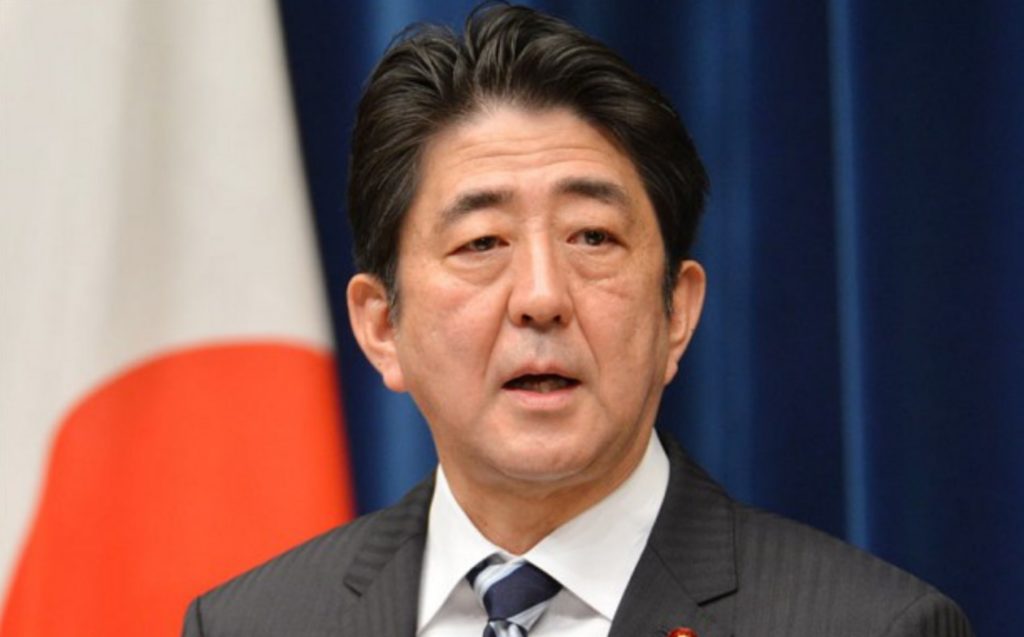Japanese longest-serving prime minister, Shinzo Abe has resigned, citing health reasons.
“Even though there is one year to go in my tenure and there are challenges to be met, I have decided to stand down as prime minister,” said Abe at a press conference in Tokyo on Friday, adding that he would like to apologize to the people of Japan for being unable to fulfill his duties during the coronavirus pandemic.
According to CNN, Abe suffers from colitis, a non-curable inflammatory bowel disease, which was also a factor in his sudden resignation as prime minister in 2007, ending his first term after just over a year in office. On Monday morning, Abe visited Keio University Hospital in Tokyo for what was his second hospital visit in a week.
“For almost eight years I controlled my chronic disease, however, this year in June I had a regular check-up and there was a sign of the disease,” he added. “I made a judgment that I should not continue my job as prime minister” said Abe. “I need to fight the disease and need to be treated.”
Markets reacted negatively to the announcement. Japan’s benchmark Nikkei index closed down 1.4% Friday after the news broke. It initially tumbled more than 2% before paring losses. The Japanese yen, a traditional safe currency haven, rose 0.3% against the US dollar.
Following his previous resignation in 2007, Abe was reelected in 2012. Since then he has been the dominant force in Japanese politics, winning a landslide third term in 2017 and a fourth in 2019, despite multiple scandals and plummeting popularity.
Notably, Abe was born on September 21, 1954, in Tokyo to a prominent political family. Both his grandfather and great uncle served as prime minister, and his father was a former secretary-general of the LDP.
He studied politics at Tokyo’s Seiki University and the University of Southern California, but initially entered the business, taking a position with Kobe Steel in 1979.
Three years later, however, he became an assistant to the Minister for Foreign Affairs, and in 1993 Abe was first elected to the House of Representatives, aged 38. He was re-elected seven times and held a number of cabinet positions throughout the 2000s.
In 2003, Abe became secretary-general of the LDP, and four years later the party’s president and prime minister of Japan.
His first term was marred by controversies and worsening health, and he stepped down as party leader and prime minister in 2007, eventually returning to both positions in 2012.
Abe married Akie Abe, née Matsuzaki, in 1987. The couple has no children. As the first lady, Akie Abe was highly involved in politics, occasionally attracting scandal and prominently disagreeing with her husband, particularly on social issues.
A number of world leaders praised Abe after he announced his resignation on Friday. UK Prime Minister Boris Johnson wrote on Twitter that he “has achieved great things as PM of Japan,” adding: “Thank you for all your years of service and I wish you good health.”
Australian Prime Minister Scott Morrison added that Abe is “Australia’s true friend,” calling him “a man of integrity and wisdom.”
